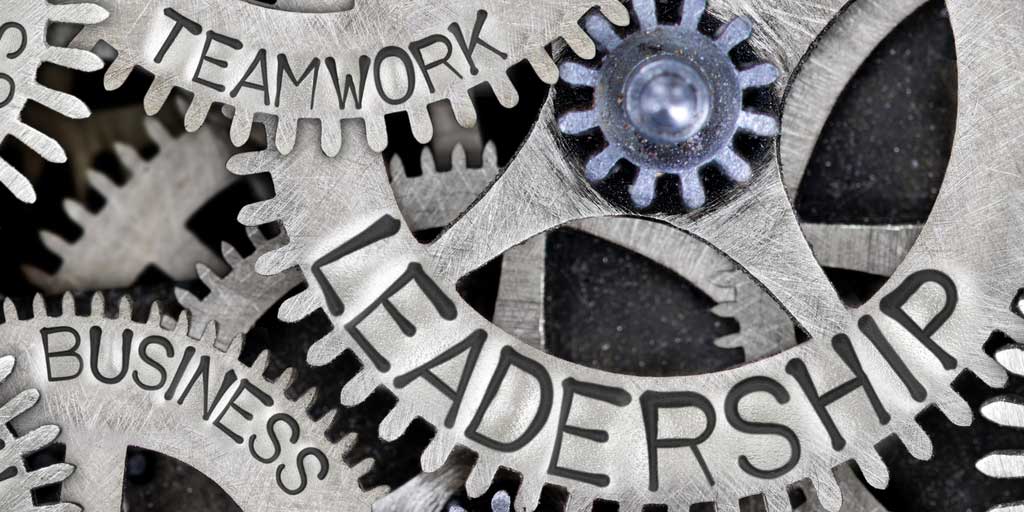1. Communication – A leader must be proficient in all facets of communication. An effective leader must be able to articulate their vision in a clear manner so that everyone understands the strategy and their role. A leader should be approachable and able to directly approach others, facilitating two-way communication and feedback.
2. Inspiration – The leader sets the tone and provides inspiration and motivation. They lead by example and do not see themselves subject to a different set of rules than others. Their strong belief, passion, and ability to articulate their vision directly affects those around them, instilling belief and confidence in the mission.
3. Integrity – A leader’s character is beyond reproach, characterized by conduct that is ethical, respectful, and honest at all times. There is a high degree of transparency. Leaders do not stray from their value system when faced with adversity or when convenient. When mistakes are made, emphasis is on finding solutions, not casting blame.
4. Team Development – A leader understands that it is teams working together with a common goal that determines success. The leader must assemble the right people, taking into account strengths and weaknesses, ensuring a proper mix of that all-important quality of effective teams – chemistry. The leader delegates and empowers the team, providing direction when problems occur, assisting in prioritization and planning, and is decisive with a sound decision making process.
5. Adaptability – A leader must be able to adapt to changing or unforeseen circumstances and handle the ambiguity, uncertainty, and conflict in a graceful and self-assured manner. Effective leaders must be able to vary their management style, depending upon the circumstances and personnel involved, as there is no “one-size-fits-all” or one best leadership style across the spectrum.


I know this if off topic but I’m looking into starting
my own weblog and was wondering what all is required to get set up?
I’m assuming having a blog like yours would cost a pretty penny?
I’m not very web smart so I’m not 100% sure.
Any suggestions or advice would be greatly appreciated.
Thanks http://kadenceorlando.com/
Dear Sushi by 7-11,
That is a good question. Depending upon how technically astute you are one can teach themselves to develop a website and maintain a blog. If this is not your forte there are reasonably priced options out there via a 3rd party consultant who can assist you in starting up your site and helping you maintain your blog. Ask around and I am sure you can find someone.
Best regards,
Fred
I am genuinely thankful to the holder of this web site who has shared this enormous post at at this time.
Chester, thank you for reading the blog and your kind comments. I am glad that the readers find the posts informative and useful. Best regards, Fred
바카라사이트, thanks for your comments. I am glad you find it of value. And yes, I do put time and effort into my blog to ensure that readers such as yourself can get learn something about the topics I post and utilize what I lay out in your daily life. Best regards, Fred